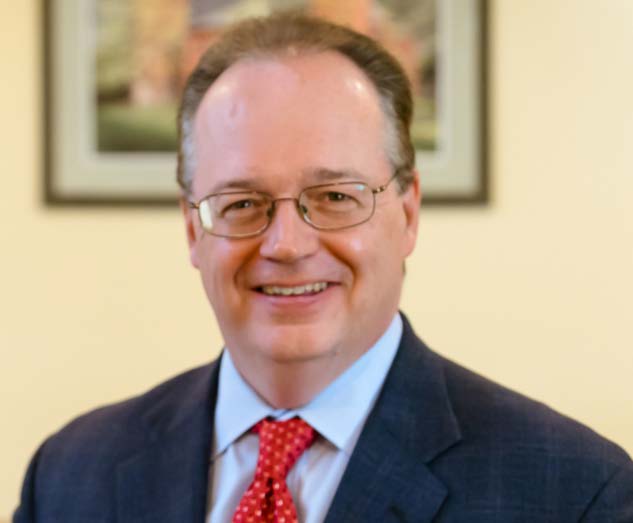 One of the most common forms of ambulance fraud is billing Medicare for non-emergency transportation of patients who are not bed-confined or who are able to travel in another form of transportation. This type of ambulance fraud often occurs when transporting patients to dialysis centers. Individuals who help the government stop this type of fraud are entitled to very substantial whistleblower rewards under the federal False Claims Act. Recently, the president of a local rescue squad in Virginia was caught submitting false claims to Medicare for medically unnecessary, non-emergency ambulance transports. Over a five-year period, the false claims added up to more than $1.6 million. Under the false claims act, the government may recover three times the amount it paid plus $11,000 per claim. In a case involving $1.6 million in false claims, the government can recover more than $5 million. The potential whistleblower reward in this type of case is between 15% and 30% of the amount recovered by the government. In a case involving $1.6 million in false claims, that means a potential whistleblower reward of between $750,000 and $1.5 million. In order to receive Medicare reimbursement for non-emergency ambulance transports, the patient must be bed-confined or have a medical condition that renders ambulance transport necessary. The ambulance company must obtain a Physician Certification Statement (PCS) stating that the patient requires ambulance transportation. But the existence of a signed PCS does not automatically qualify the patient for non-emergency ambulance transportation reimbursement from Medicare. If the PCS is false – that is, if the patient is not bed-confined and their medical condition would allow them to be transported in a wheelchair van – then any claims submitted to Medicare for non-emergency ambulance transport services are considered false claims. The government has a hard time identifying this type of fraud, because it cannot see the condition of the patients when they are picked up for transport. That is why most whistleblower rewards for ambulance fraud go to EMTs, drivers, medical billers, and other individuals who work for the ambulance companies. For example, an EMT may notice that most of the patients transported by his or her ambulance company are able to walk or sit in a wheelchair when they are picked up for scheduled ambulance transportation. Or a medical biller may notice that patients transported by ambulance do not have current or valid Physician Certification Statements (PCS) in their files. In some ambulance companies, employees are asked not to note the patient’s condition on trip reports. Or medical billers are asked to disregard the dates on Physician Certification Statements when submitting claims. And in some cases, employees are asked to create false documents to support their employer’s Medicare claims. This puts the employee in a very dangerous position. When the government discovers the false claims (and, at some point, it will), anyone who participated in submitting the false claims could end up in prison. Remember the president of the local rescue squad in Virginia who submitted $1.6 million in false claims to Medicare for ambulance transport services? He was not the only one targeted by prosecutors. An employee of the rescue squad who went along with the fraud was sentenced to two years of probation and ordered to pay more than $750,000 in restitution to Medicare. Do not risk criminal charges by turning a blind eye to your employer’s ambulance fraud. If you are aware of false claims submitted to Medicare for ambulance transport services, then you should consult with a whistleblower attorney immediately. You may be entitled to a significant whistleblower reward and legal protections. The consultation is free and completely confidential. An experienced whistleblower attorney will listen to you and answer your questions. If you have a case, you will be represented on a contingency fee basis -- no attorneys’ fees are charged unless you win. To arrange a free and confidential consultation with an experienced whistleblower attorney, call John Howley, Esq. at (212) 601-2728 or click here to reach our offices via email. John Howley, Esq. The information you obtain at this site is not, nor is it intended to be, legal advice. You should consult an attorney for advice regarding your individual situation. I invite you to contact our law offices and welcome your calls, letters and electronic mail. Contacting us does not create an attorney-client relationship. Please do not send any confidential information to us until such time as an attorney-client relationship has been established. I practice law and offer legal services only in jurisdictions where I am properly authorized to do so. I do not seek to represent anyone in any jurisdiction where this web site does not comply with applicable laws and bar rules.
0 Comments
Your comment will be posted after it is approved.
Leave a Reply. |
John Howley, Esq.
(212) 601-2728 |
